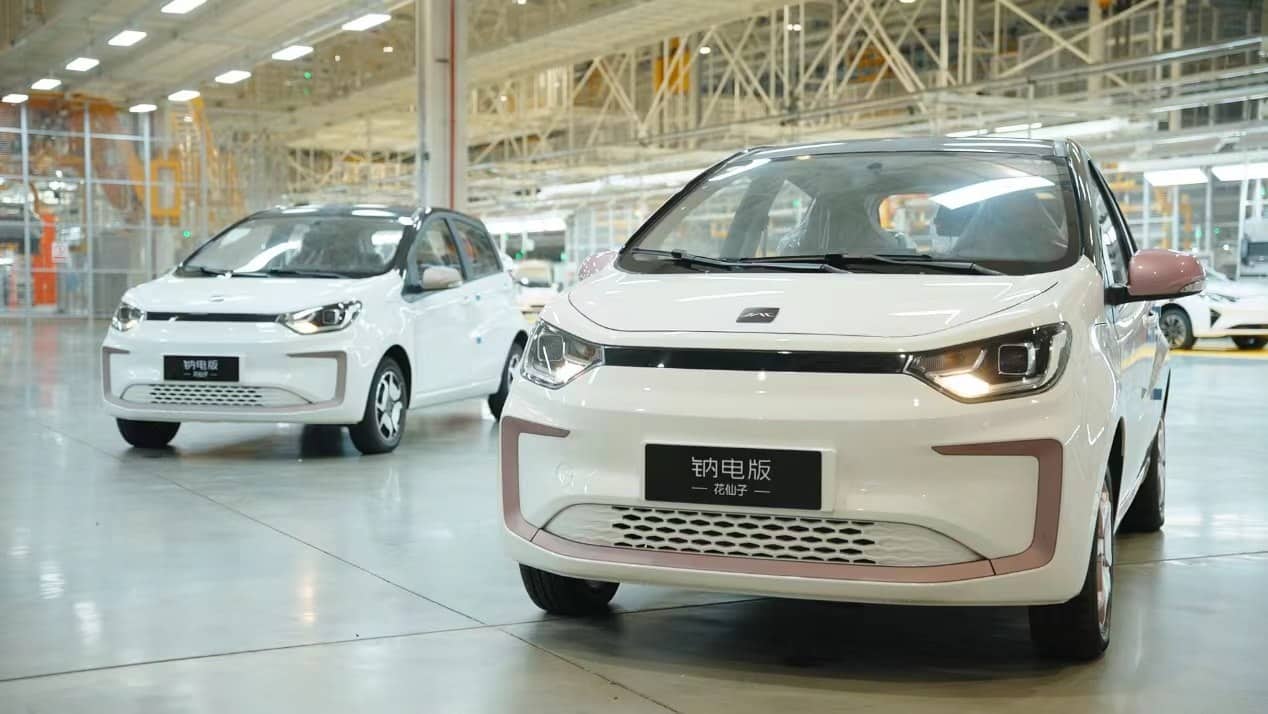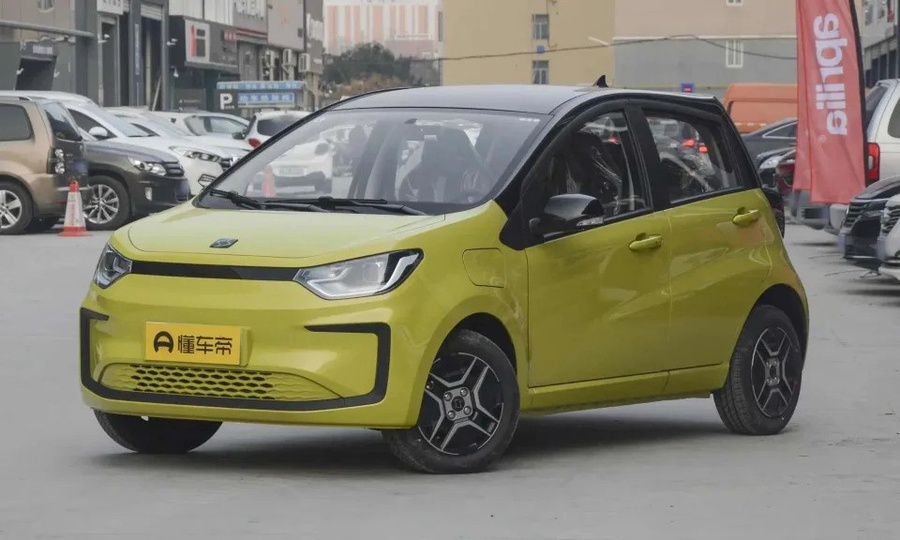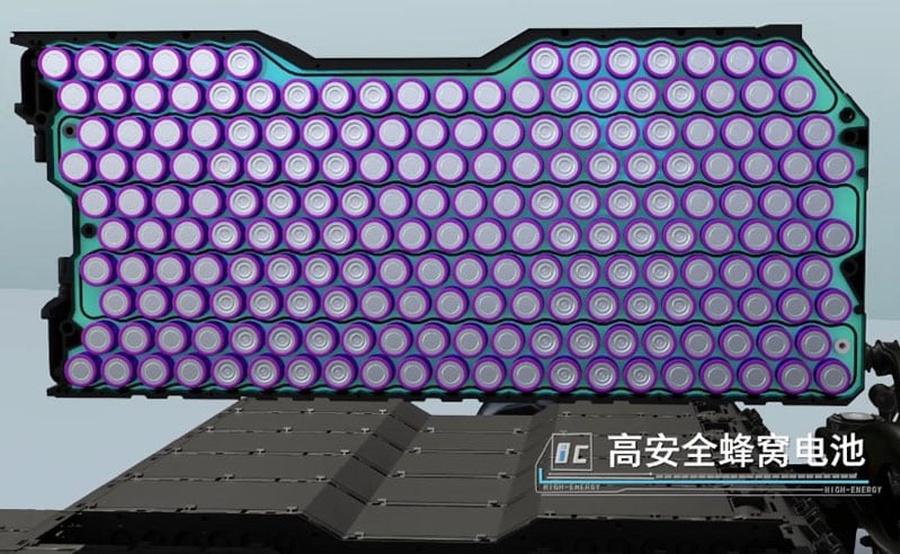JAC Motors, a Chinese automaker backed by Volkswagen, is poised to introduce the first mass-produced electric model equipped with a sodium-ion battery under its new brand, Yiwei. According to CarNewsChina, deliveries of this electric hatchback are scheduled to commence in January.
Volkswagen holds a 75 percent stake in JAC, with management control, and also owns 50 percent of JAC's parent company, Anhui Jianghuai Automobile Group Holdings (JAG). The Chinese government owns the remaining 50 percent of JAG. Yiwei is a newly established brand by JAC in 2023.
The Yiwei EV appears to be a rebranded version of the Sehol E10X hatchback, which was announced earlier this year. Chinese media describes the Sehol model as having a range of 252 kilometers with a 25 kWh capacity, an energy density of 120 Wh/kg.
When JAC introduced the Yiwei brand in May, it announced plans to drop the Sehol label and rebrand all its vehicles as either JAC or Yiwei, leading to this week's EV reveal. JAC has not confirmed whether the Yiwei-branded model will retain the E10X name.
In April last year, JAC showcased a separate electric vehicle called the Yiwei 3 at the Shanghai Auto Show. This model was launched in June with an LFP lithium battery, with promises that the sodium-ion variant would be introduced later.
The new Yiwei EV reportedly utilizes cylindrical sodium-ion cells from HiNA Battery. JAC assembles these batteries in a modular UE (Unitized Encapsulation) honeycomb structure, similar to CATL's CTP (cell-to-pack) and BYD's Blade technology. This layout is designed to enhance stability and performance.
Source: Carnewschina



